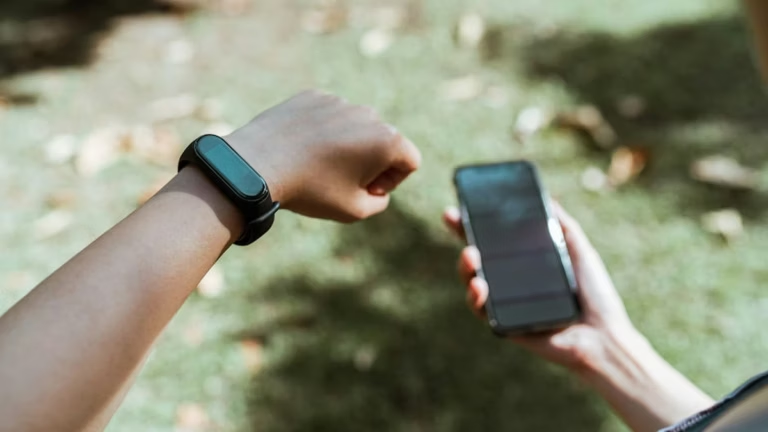Managing Anxiety During the Holiday Rush: Practical Tips and Coping Mechanisms
Understanding Holiday Anxiety
The holiday season, while often portrayed as a time of joy and togetherness, can also be a significant source of stress and anxiety for many. The pressure to create the ‘perfect’ holiday, coupled with financial burdens, family dynamics, and packed schedules, can quickly lead to feelings of overwhelm and unease. Understanding the root causes of this anxiety is the first step towards effectively managing it.
Common Triggers of Holiday Anxiety
Several factors contribute to holiday anxiety. These include:
- Financial strain: The pressure to buy gifts, travel, and host gatherings can stretch budgets thin.
- Social expectations: Attending numerous parties and events can be draining, especially for introverts.
- Family dynamics: Holiday gatherings can sometimes amplify existing family conflicts or create new ones.
- Unrealistic expectations: The idealized image of the ‘perfect’ holiday often sets us up for disappointment.
- Time constraints: Balancing work, family, and holiday commitments can lead to feeling rushed and overwhelmed.
- Grief and loss: The holidays can be a particularly difficult time for those who have experienced loss.
Practical Tips for Managing Holiday Anxiety
Fortunately, there are several practical steps you can take to manage your anxiety and enjoy the holiday season. These strategies focus on self-care, setting boundaries, and prioritizing your well-being.
Prioritize Self-Care
Self-care is essential for managing anxiety, especially during stressful times. Make time for activities that help you relax and recharge.
- Get enough sleep: Aim for 7-8 hours of sleep per night.
- Eat healthy foods: Nourish your body with nutritious meals and snacks. Avoid excessive sugar and alcohol.
- Exercise regularly: Even a short walk can help reduce stress and improve your mood.
- Practice mindfulness: Take a few minutes each day to focus on your breath and be present in the moment. Try a guided meditation app.
- Engage in hobbies: Make time for activities you enjoy, such as reading, listening to music, or spending time in nature.
Set Realistic Expectations and Boundaries
It’s okay to say no to commitments that you don’t have the time or energy for. Setting boundaries is crucial for protecting your mental health.
- Delegate tasks: Don’t try to do everything yourself. Ask for help from family and friends.
- Say no: Politely decline invitations or requests that you feel overwhelmed by.
- Limit social media: Avoid comparing yourself to others’ seemingly perfect holiday experiences.
- Plan ahead: Create a realistic schedule and stick to it as much as possible.
- Manage your budget: Set a spending limit and stick to it. Consider alternatives to expensive gifts, such as homemade presents or experiences.
Coping Mechanisms for Anxiety
In addition to practical tips, having coping mechanisms in place can help you manage anxiety when it arises. These techniques can help you calm your mind and body in stressful situations.
- Deep breathing exercises: Practice slow, deep breaths to calm your nervous system.
- Progressive muscle relaxation: Tense and release different muscle groups to reduce physical tension.
- Grounding techniques: Use your senses to connect with the present moment. For example, describe five things you can see, four things you can touch, three things you can hear, two things you can smell, and one thing you can taste.
- Positive self-talk: Challenge negative thoughts and replace them with positive affirmations.
- Visualization: Imagine yourself in a peaceful and relaxing place.
Seeking Professional Help
If your anxiety is severe or persistent, it’s important to seek professional help. A therapist or counselor can provide you with strategies and support to manage your anxiety effectively. Don’t hesitate to reach out – your mental health is a priority.
When to Consult a Professional
Consider seeking professional help if you experience any of the following:
- Persistent feelings of anxiety or worry
- Difficulty sleeping or concentrating
- Changes in appetite or weight
- Withdrawal from social activities
- Panic attacks
- Thoughts of self-harm
Conclusion
The holiday season should be a time of joy and connection, not stress and anxiety. By understanding the triggers of holiday anxiety and implementing practical tips and coping mechanisms, you can navigate the holiday rush with greater ease and enjoy the season to the fullest. Remember to prioritize your well-being, set realistic expectations, and seek help when needed. Wishing you a peaceful and happy holiday season!





